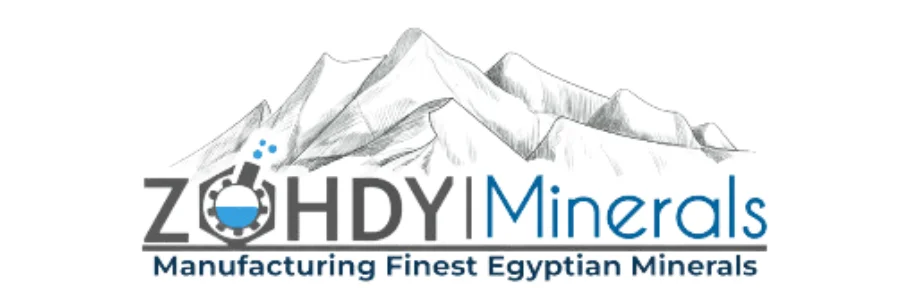Calcium Carbonate in PVC Roofing: Enhancing Durability and Performance
PVC roofing has gained popularity due to its durability, cost-effectiveness, and versatility in various construction projects. One crucial component that contributes to the quality and performance of PVC roofing is calcium carbonate. In this article, we explore how calcium carbonate enhances PVC roofing and its significance in the construction industry.
Understanding Calcium Carbonate
What is Calcium Carbonate?
Calcium carbonate is a chemical compound primarily found in natural limestone, marble, and chalk. It is widely used as a filler material in various industries due to its abundance, low cost, and desirable properties. In PVC roofing, calcium carbonate serves as a functional additive to improve the characteristics of the roofing material.
Benefits of Calcium Carbonate in PVC Roofing
Enhanced Durability and Strength
Calcium carbonate acts as a reinforcing agent in PVC roofing formulations, increasing its durability and strength. The addition of calcium carbonate enhances the resistance of PVC roofing to environmental factors such as UV radiation, temperature fluctuations, and mechanical stress. This results in a longer lifespan for PVC roofing systems, reducing maintenance costs and increasing reliability.
Improved Weatherability
PVC roofing treated with calcium carbonate exhibits improved weatherability, making it suitable for various climatic conditions. The presence of calcium carbonate helps PVC roofing withstand exposure to sunlight, rain, snow, and other harsh weather elements without degradation or loss of structural integrity. This ensures long-term performance and aesthetics of PVC roofing installations.
Cost-Effectiveness
By incorporating calcium carbonate as a filler material, manufacturers can reduce the overall cost of PVC roofing production. Calcium carbonate is relatively inexpensive compared to other additives, making it an economically viable option for enhancing the properties of PVC roofing materials. This cost-effectiveness translates to savings for builders, contractors, and property owners without compromising quality.
Application of Calcium Carbonate in PVC Roofing
Formulation and Processing
Calcium carbonate is added to PVC roofing formulations during the manufacturing process. It is carefully blended with other ingredients such as PVC resin, plasticizers, stabilizers, and pigments to achieve the desired properties and performance characteristics. The precise formulation and processing parameters ensure uniform distribution and dispersion of calcium carbonate particles within the PVC matrix.
Customization and Tailoring
Manufacturers have the flexibility to customize the concentration of calcium carbonate in PVC roofing formulations based on specific requirements and application scenarios. Different grades and particle sizes of calcium carbonate can be utilized to tailor the physical and mechanical properties of PVC roofing materials, ensuring optimal performance in various roofing applications.
Conclusion
In conclusion, calcium carbonate plays a vital role in enhancing the durability, strength, and weatherability of PVC roofing systems. Its inclusion as a filler material offers numerous benefits, including cost-effectiveness and customization options for manufacturers and end-users. As the construction industry continues to embrace PVC roofing for its versatility and performance, the importance of calcium carbonate as a key additive cannot be overstated.






